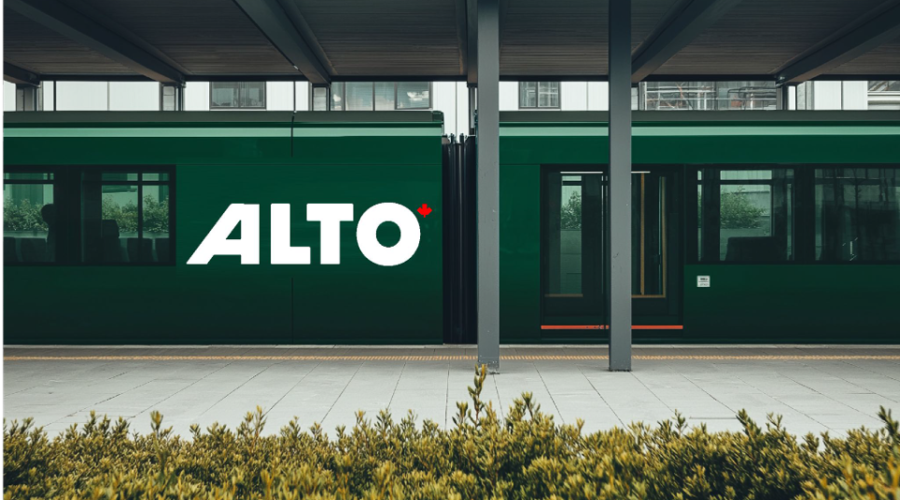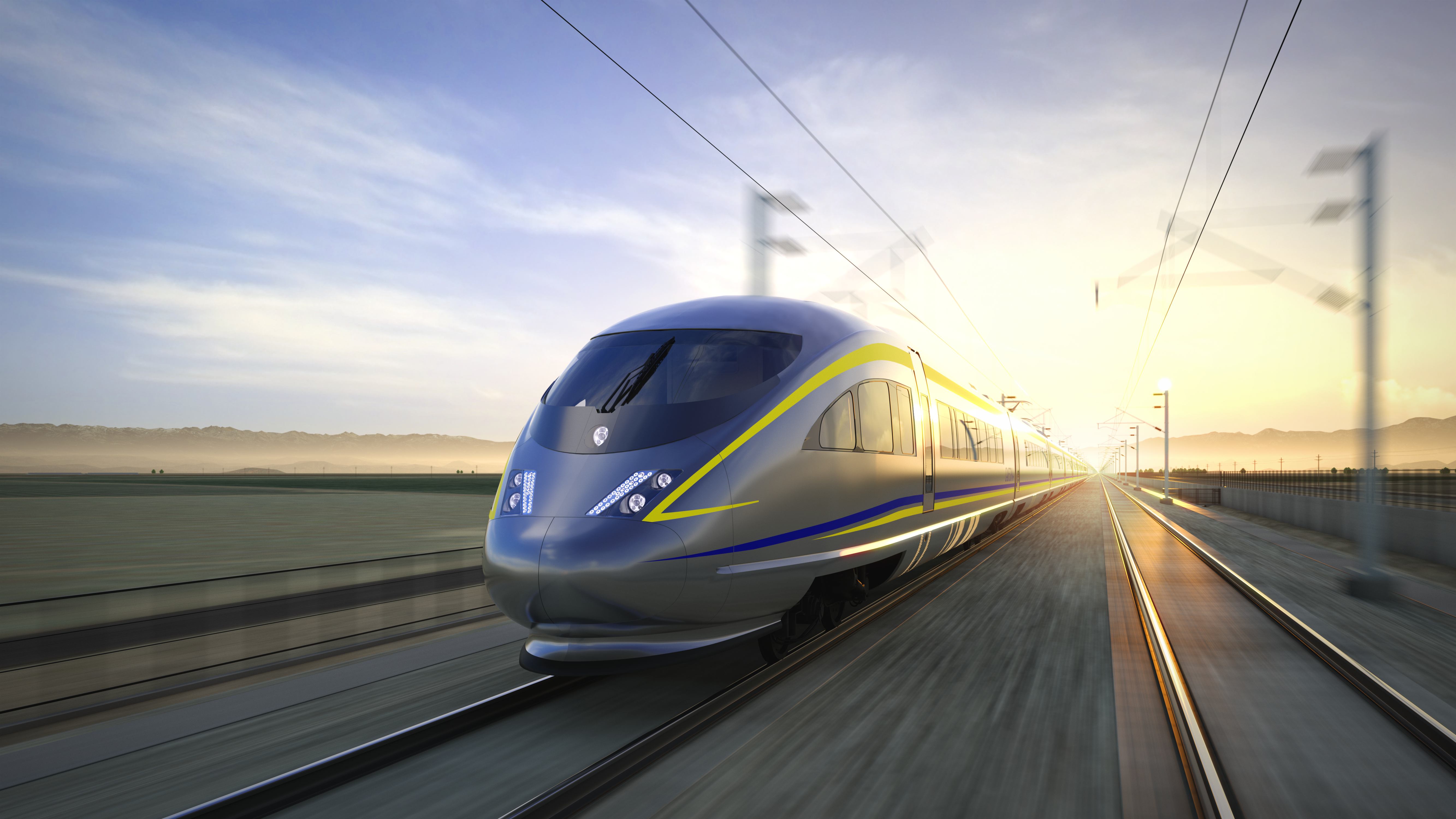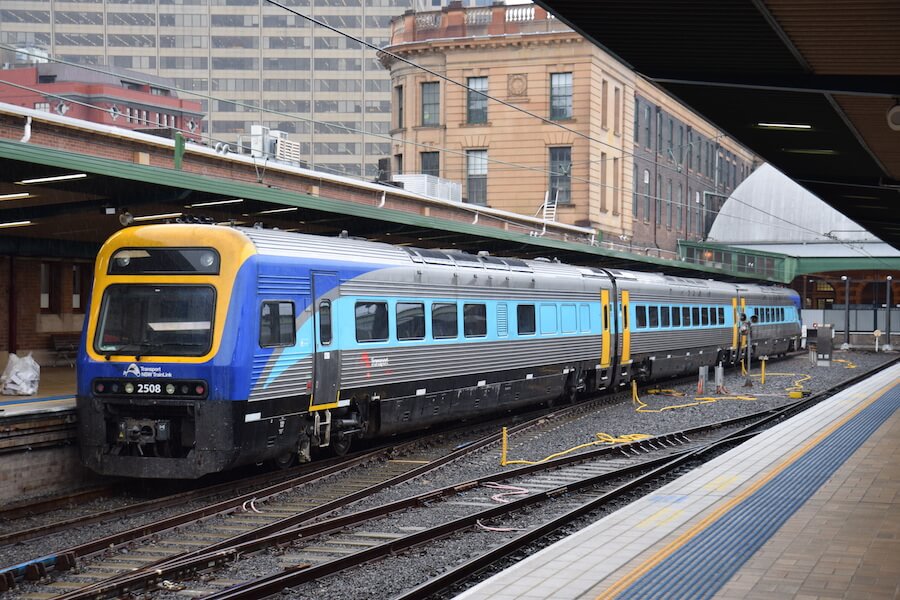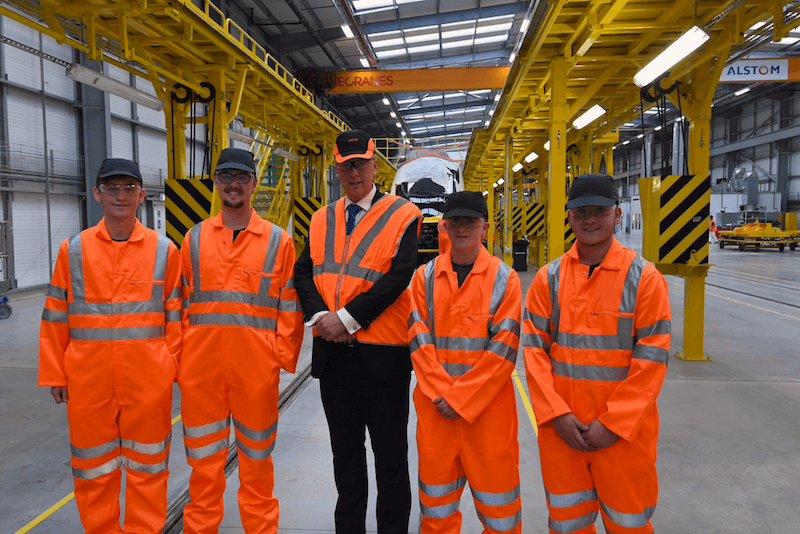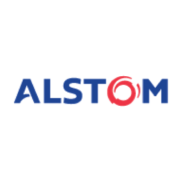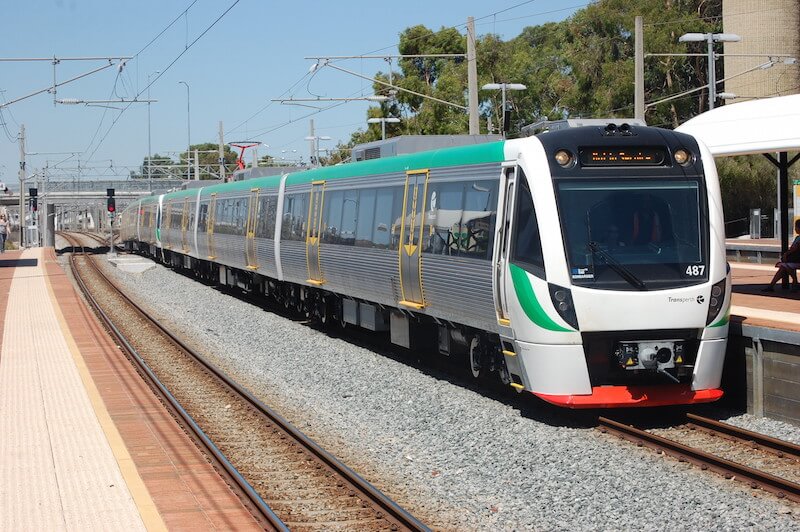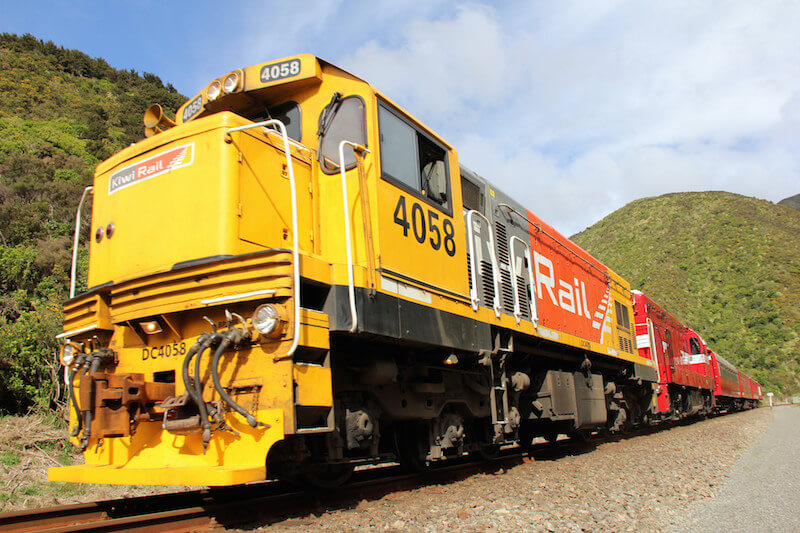Andrew Meier, the Executive Director and CEO of the Australasian Centre for Rail Innovation (ACRI) tells Railway-News what the research conducted by his organisation can do for development in the rail industry.

Purpose and Priorities
In launching the National Innovation and Science Agenda in December 2015, the recently appointed Liberal prime minster of Australia, Malcolm Turnbull said, “We cannot future-proof ourselves from change, nor should we seek to do so”. What was sought was the “agility to identify opportunities and embrace risk”. Fully embracing risk may feel a bold step for most but understanding that advances in technology bring great opportunity as well as disruption should not be. The Transport and Infrastructure Council (TIC), which functions under the Council of Australian Governments (COAG) to progress nationally significant reforms, aims to capitalise on the opportunities afforded by new and emerging technologies and support adaptable and resilient infrastructure and transport systems.
Access to knowledge is a key component of this objective. Initially, the Australian Federal Government aided industry by setting up the Rail Cooperative Research Centre (Rail CRC). The Rail CRC, which was supported by organisations in Australia and New Zealand, ran for two iterations before winding up in 2014 in line with the designated lifespan of centres under the CRC programme. Private and state government entities supported a continuation of co-operative rail research and the not-for-profit Australasian Centre for Rail Innovation (ACRI) was established to facilitate independent research and analysis to provide innovative solutions tailored to rail industry needs. It is overseen by a board representative of both industry and government and operates on a shared intellectual property model with research findings disseminated across all participants.
ACRI’s programme of research is agreed co-operatively by funding participants from within heavy haul, passenger and freight rail, and level crossing focus areas in Australia and New Zealand, including transport and rail authorities, universities and private companies in both countries, and the state governments of South Australia, Victoria, New South Wales and Queensland. Now in its fourth year of operation and second research funding tranche, there are presently 25 research initiatives in delivery or development, with more than 20 projects already completed since its inception. Activities to advance the health monitoring of infrastructure include readying industry for the implementation of new technologies in broken rail detection through the independent evaluation of a commercially developed locomotive-mounted broken rail detection device in a variety of Australian weather and rail stress conditions. Technology also aids the understanding of the human interaction with rail infrastructure. Current initiatives utilising eye tracking include evaluating level crossing visual warning devices for pedestrians and furthering knowledge on slips, trips and falls within rail station environments to aid design improvements.
Action and Adaption
Such research initiatives address currently tangible challenges for rail but the industry must also be ready and open to those that are emerging. Presently two frameworks are being developed to address the impact of technological change within rail organisations, one aimed at all aspects of rail operations and the other with a specific focus on track worker safety and competencies. These holistic tools aim to mitigate the challenges of introducing new technology, improving Australasian rail industry competitiveness by identifying in advance the training and management adjustments that may be required.
The speed with which rail can identify and adapt innovation from outside the industry will also have a significant impact on industry competitiveness. This may require some facilitation, as those researching emerging technologies do not necessarily have applications in transport and infrastructure foremost in mind. ACRI is presently evaluating the suitability of a technology originally from the naval operations sector for locomotive-mounted rail condition monitoring which has been developed and tested to its current state within New Zealand.
It is also important for rail industry advancement and competitiveness that activities are co-operative, linking operations with academia and linking Australasia with international developments. Initiatives like the Australian Research Council Industrial Transformation Training Centre for Advanced Technologies in Rail Track Infrastructure (ITTC-Rail) which will combine higher degree civil rail engineering research with significant periods of industry placement, aims to deliver not only industry-relevant research but importantly industry-ready post-graduates. Internationally, the ACRI has fostered formal relationships with entities in the United States, Canada, the United Kingdom, Italy and with the International Union of Railways (UIC), providing channels for currently international knowledge to inform Australasian rail infrastructure practices.
The largest-ever Australian freight rail infrastructure project, the 1,700km Inland Rail line connecting Melbourne and Brisbane is now underway with ACRI participant the Australian Rail Track Corporation (ARTC) managing delivery over the next decade. Lowering freight supply chain costs, providing regional connectivity to ports, reducing road congestion and allowing the opportunity for increased passenger rail services on the Sydney network, Inland Rail will strongly impact industry efficiency, sustainability and competiveness. Importantly it presents a major opportunity for rail innovation as it is easier to apply new technology to new projects than it is to retrofit it to existing infrastructure.
Innovation can bring challenge or significant opportunity, with the outcome influenced by informed decision-making and planning. Through knowledge, advancing entities like ACRI, the rail industry in Australia and New Zealand is well positioned to take advantage of the opportunities ahead.
FOR ALL THE LATEST INFORMATION, NEWS, IMAGES, VIDEOS AND ARTICLES ON ALL ASPECTS OF RAILWAY RESEARCH AND TESTING, PLEASE CLICK HERE.

















